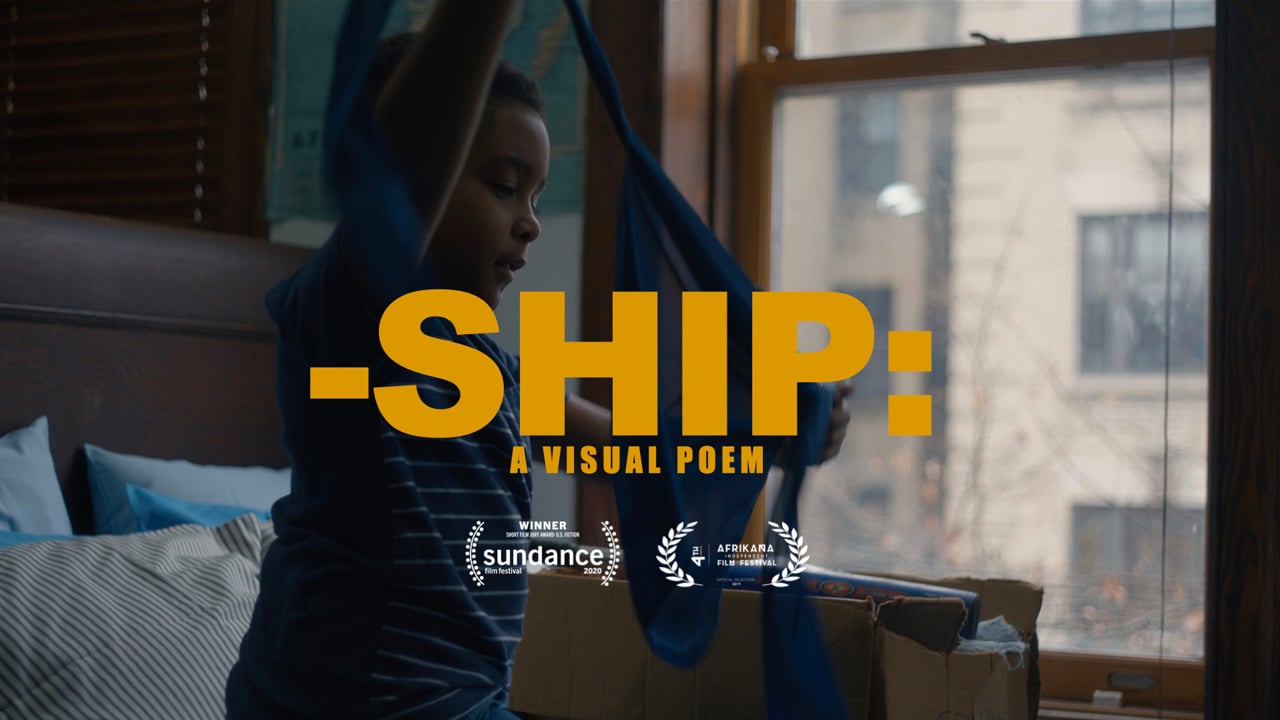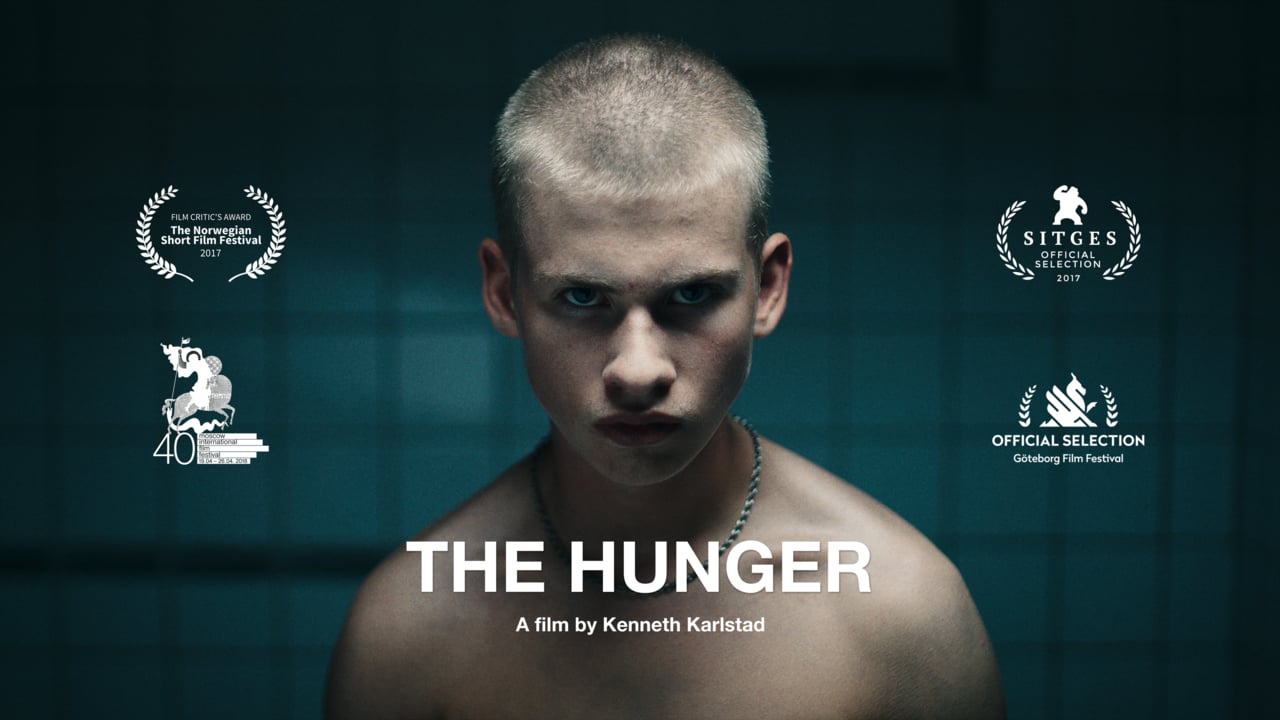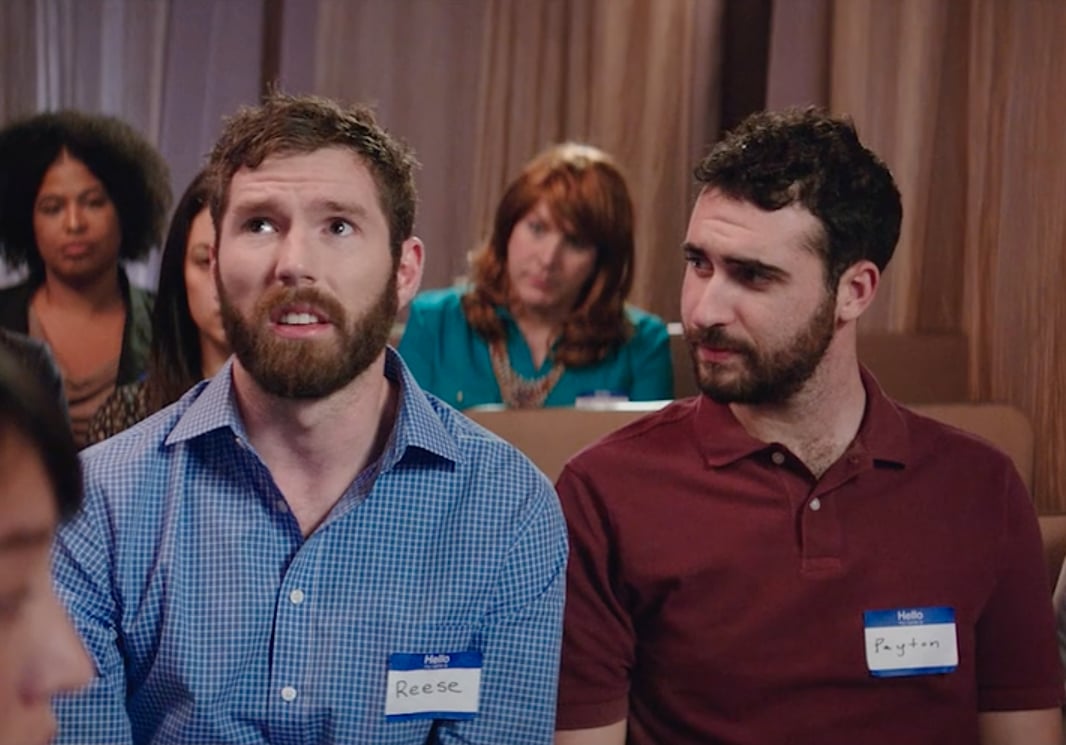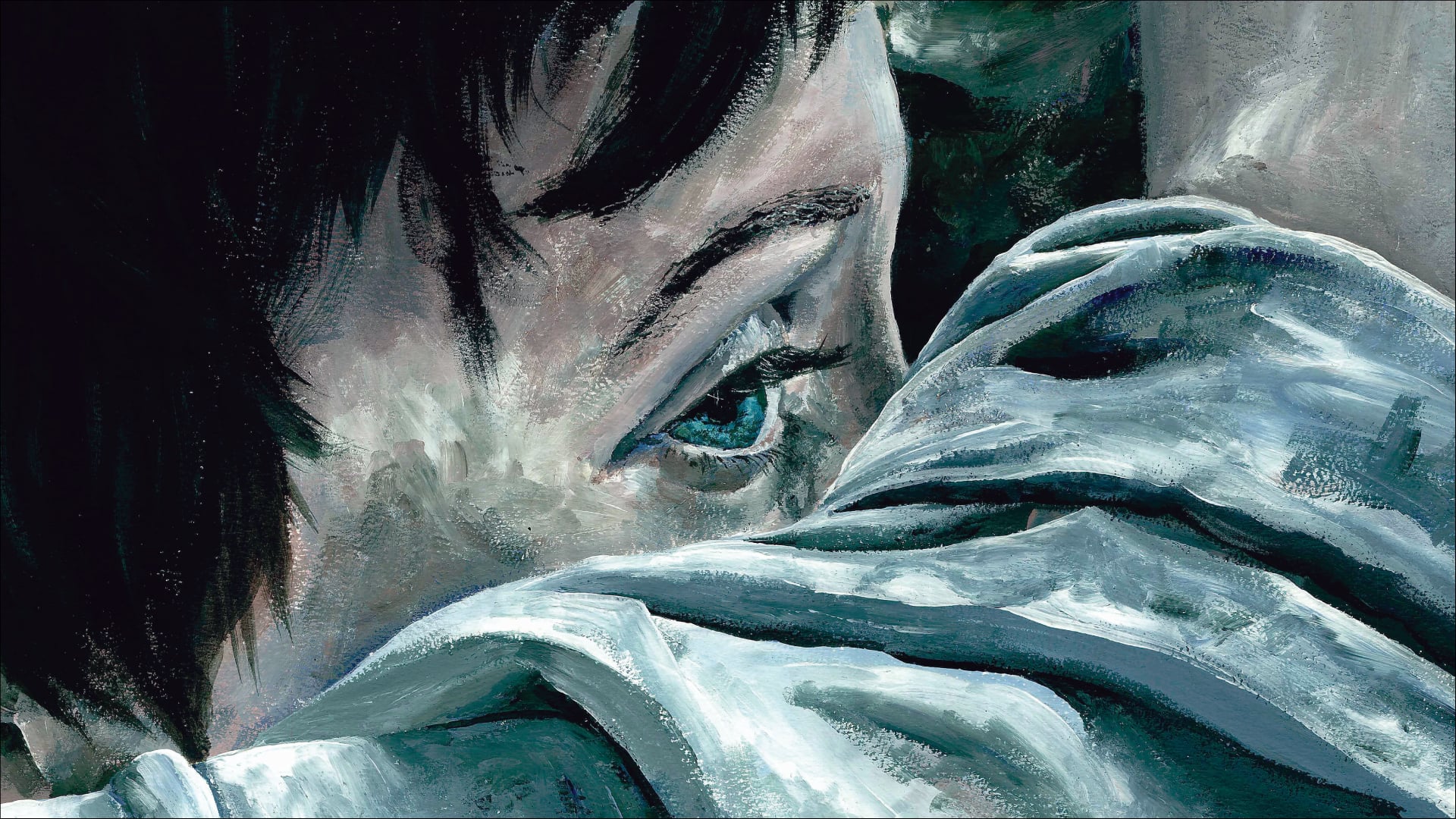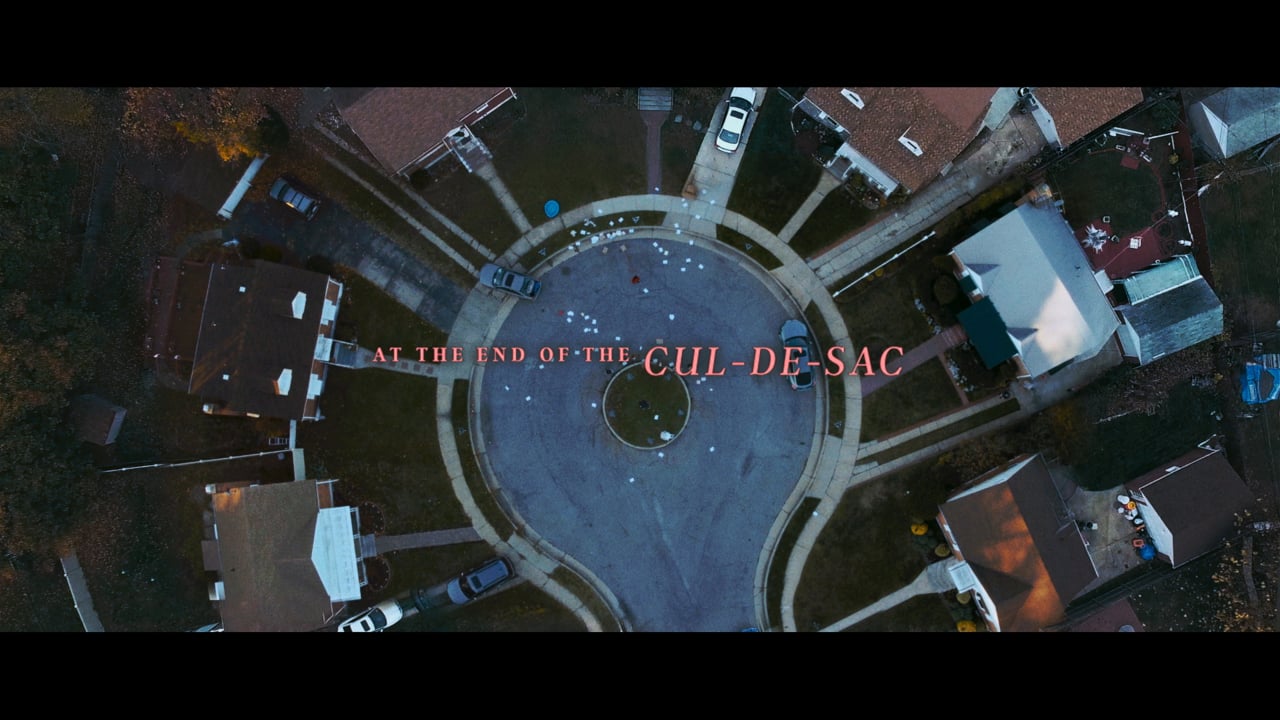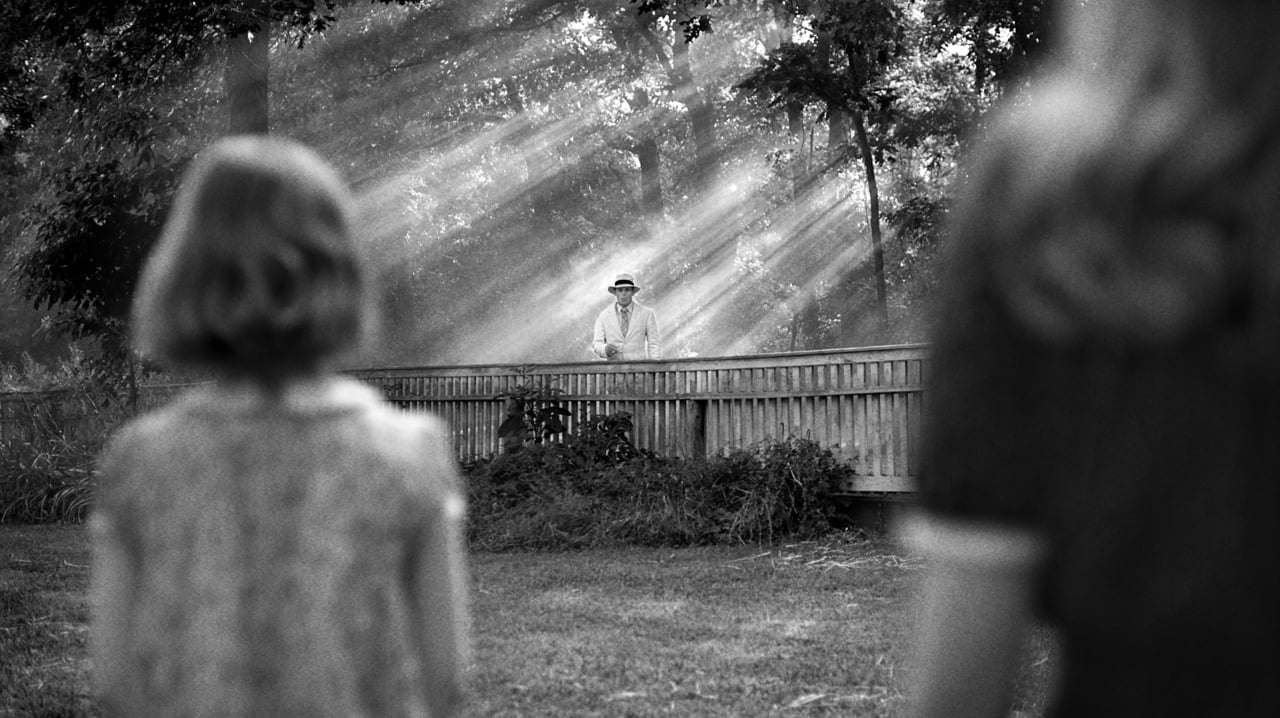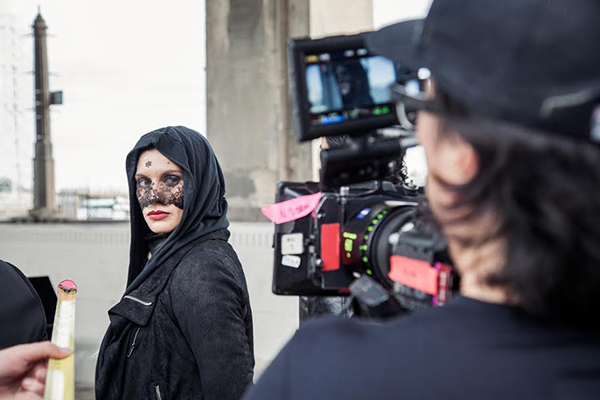From a very young age, we’re taught about how society expects us to behave. Boys and girls are assigned different traits and expectations which often ignore individual desires and wants. This week’s Staff Pick Premiere, “F—k You” by filmmaker Anette Sidor, challenges these gender norms.
Sidor’s film sharply observes how gender and power dynamics influence the situation. Luckily, her curious characters push past the norms and rethink what it means to be masculine and feminine. “F—k You” culminates with an empowering and liberating ending that has connected with audiences around the world, including the Sundance Film Festival, the Toronto International Film Festival, and the Locarno Film Festival.
Sidor says “F—k You” is a film "that I needed to see when I was growing up.” We reached out to her to hear more about how it came together.
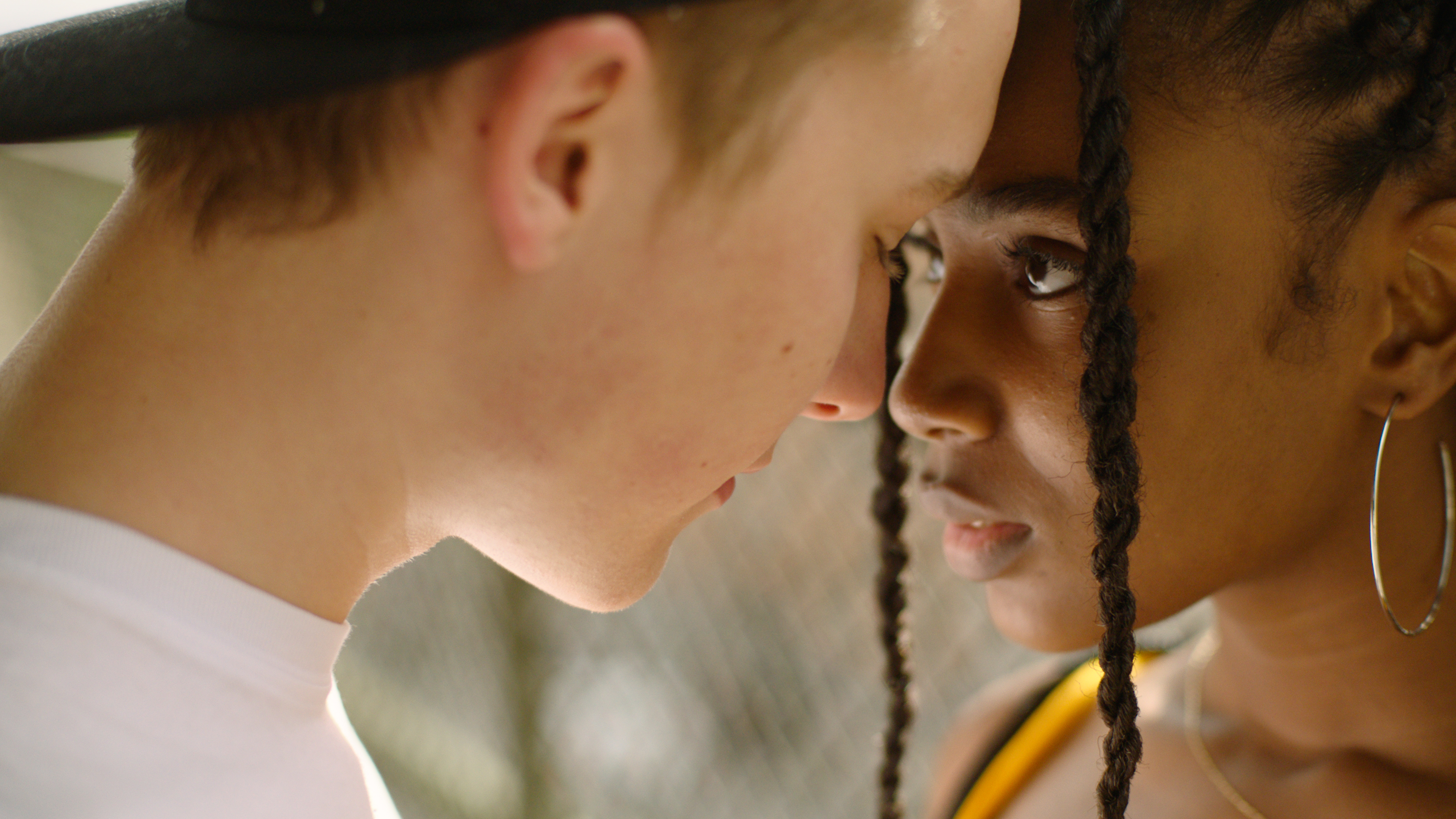
On the inspiration for the film:
"Most of my ideas come from a personal core, even though the film itself turns out to be quite removed from my own life. For me, it’s about exploring humanity and asking questions about why and how we do things. 'F—k You' is inspired by experiences I had as a teenager, as well as the environment I continue to see around me now, 20 years later. In 'F—k You,' I work with femininity and masculinity. I want to portray men as sensitive and emotional humans, as well as women who are smart and driven, just like I see them in the world around me.
My films explore human desire within power, sexuality, and identity. I find myself circulating around these themes all the time. There are so many images missing in film that I want to create. I want to challenge myself with new stories and complex characters. Film is a way to explore human behavior and why we act like we do. At the same time, I have the possibility to create the dream world that I want to live in. For me, film is the perfect art-form to visualize something in between dream and reality."
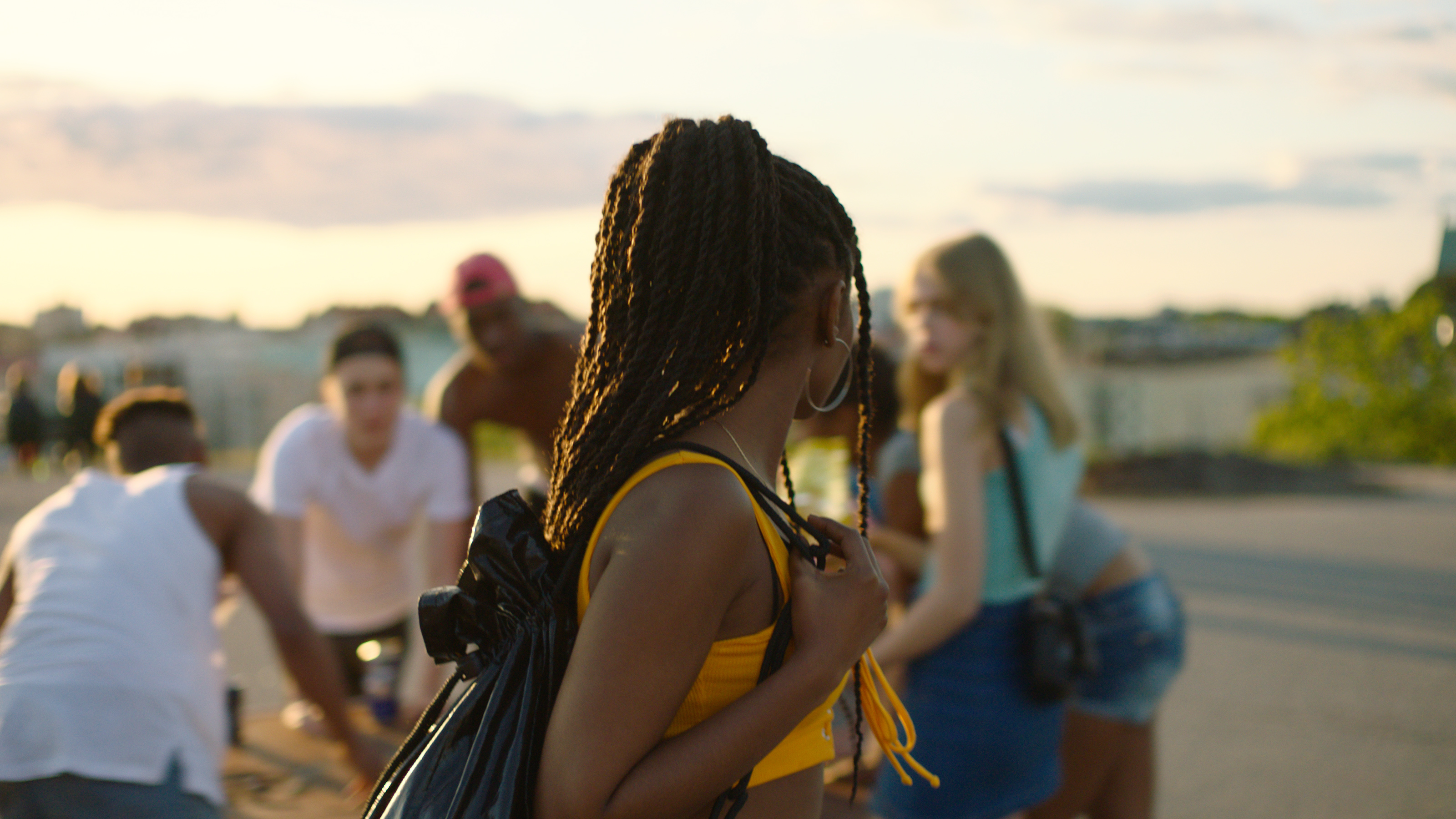
On creating work that challenges gender norms:
"When it comes to gender norms, we learn from an early age that love, attraction, and sex are expected to be a certain way. Most of the time those expectations are unconsciously attributed to others and ourselves.
For me personally, 'F—k You' is not a film about something radical. It's self-evident for who I am as a person. I understand that my thoughts and ideas sometimes collide with social norms and that they become norm-critical, pushing boundaries. But that’s nothing I think about while I’m writing my films.
I care that the audience gets the emotional experience of discovering something in themselves that they didn’t even know existed. It can show feelings and situations from a different perspective and make us understand our own and other’s behaviors. Film can inspire and influence people’s view of themselves, others and the world. I believe that we need opportunities to mirror us in images of other characters, to get an idea of who we are."

On researching the film:
"The casting process gave us the opportunity to research the younger generation's thoughts about gender norms. Most of the young people between the ages of 13 - 20 who came for audition were excited about the story of 'F—k You.' So we got the chance to meet a lot of amazing people and discuss the film on a deeper level.
Even though it’s obvious that younger generations are way more open-minded and respectful towards each other’s differences, they are still struggling with these norms around them."
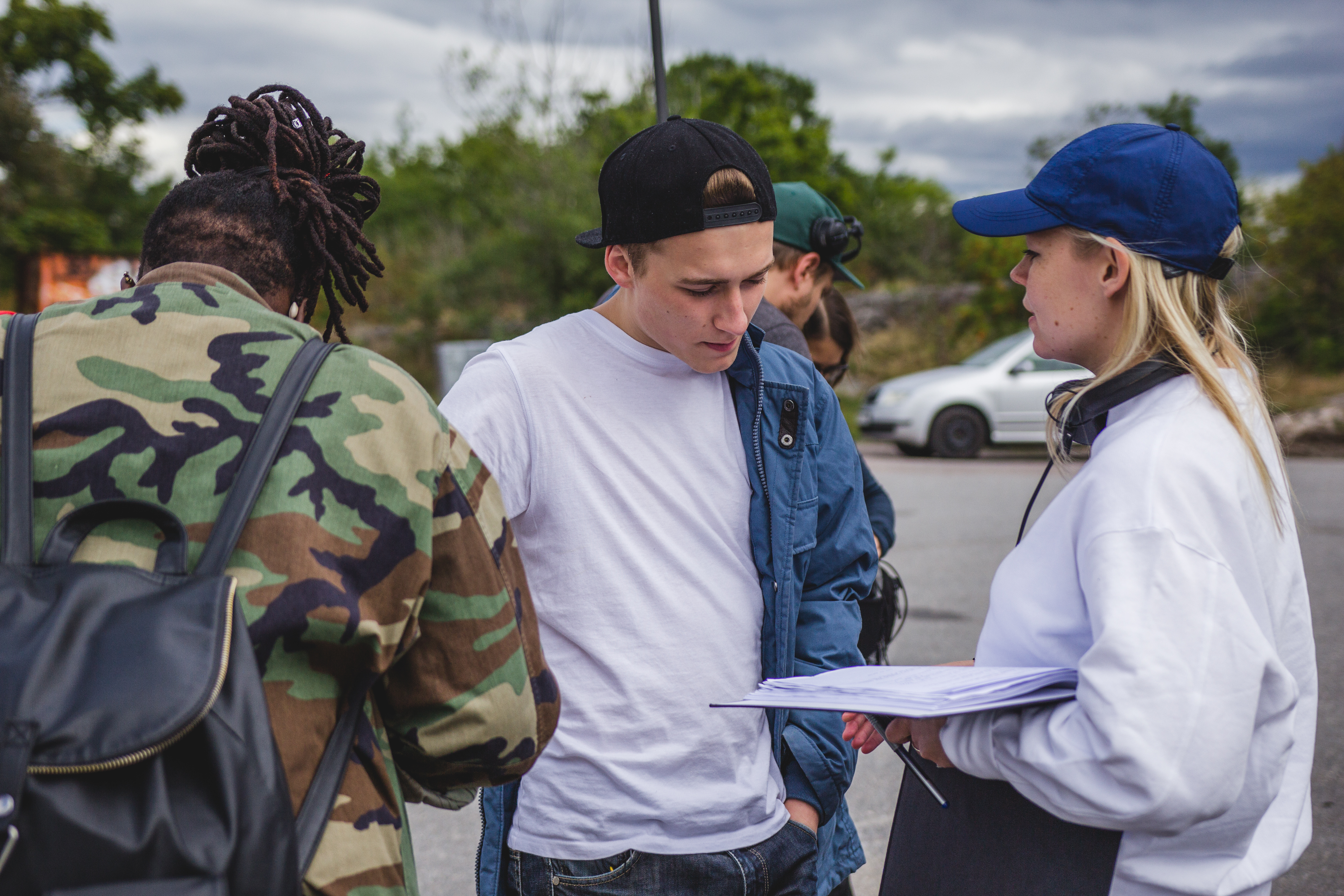
On working with the actors:
"The casting process is crucial for me as a director. It’s where I can gain trust and get a hint of how to collaborate with each of the actors. It’s up to me to enable differences, creating an environment of acceptance, where we can explore the present. That’s what acting is all about for me.
Yandeh Sallah and Martin Schaub went in whole-heartedly during the whole process, exploring and challenging their characters. Before shooting we talked and shared thoughts about our own experiences within gender norms and how we see them. That’s also a way of creating a deeper understanding of the film and what it actually means in both a personal and a wider perspective. It’s also important for the actors to get to know each other and to find a common ground together. I’m incredibly happy and grateful that they chose to trust me, wanted to portray the film’s characters, and to tell this story with me."
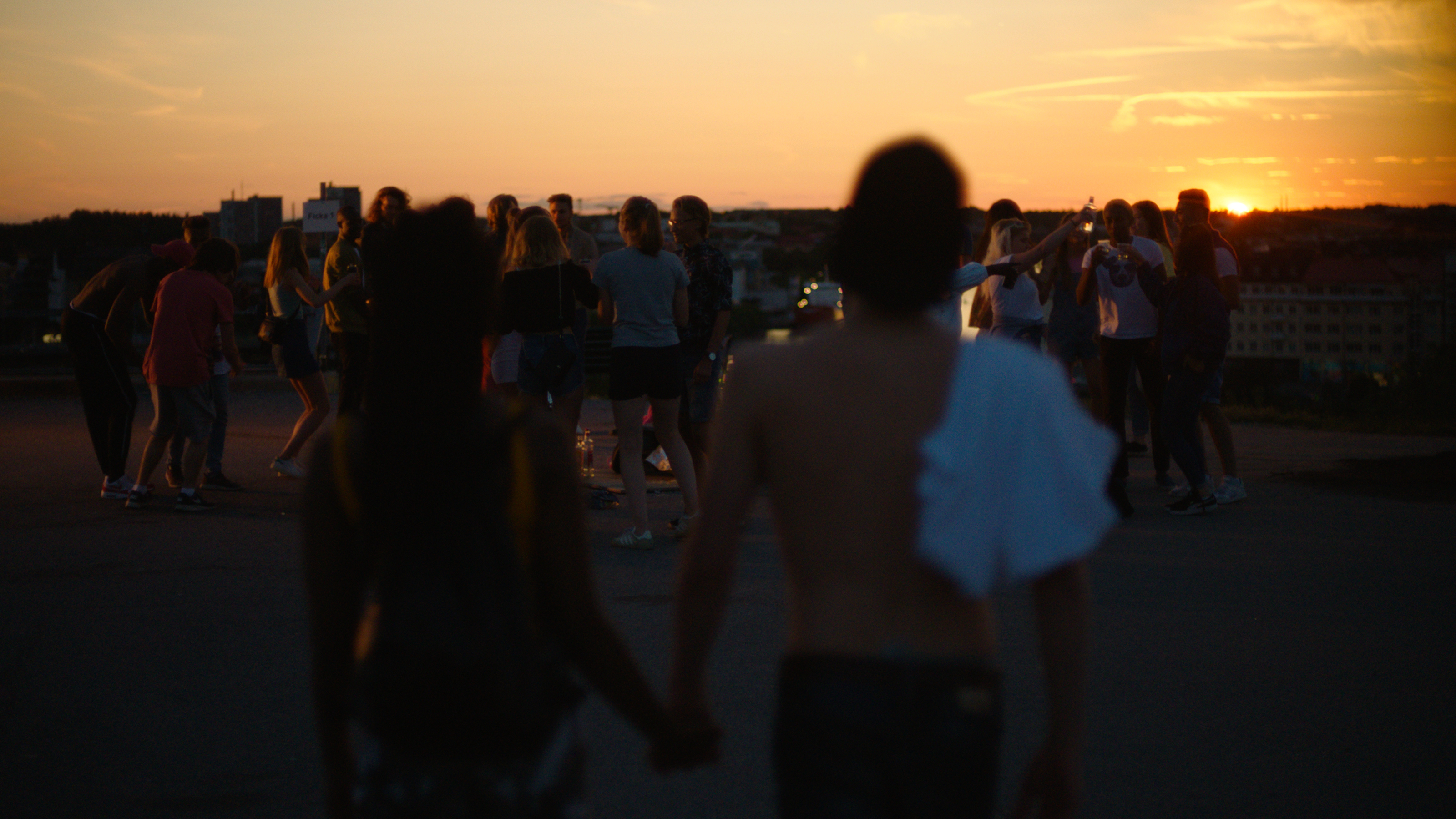
On the film’s liberating ending:
"The freedom to be who you are is something empowering for me. That’s what I feel in the ending when they both walk off together, holding hands, towards their friends and the glorious future. They’ve experienced something new, discovered new parts of themselves.
For me, it shows that what we regard as femininity and masculinity do not necessarily belong to separate gender identities. I believe that gender norms can make us hide parts of ourselves as well as prevent us from exploring and developing ourselves fully. In the end, it is a question of justice and freedom. The freedom to be the person you feel you are and be treated justly and equally.
'F—k You' tells the story of someone who is used to conforming to her surroundings, but feels that she can’t be herself fully. So she decides to try something new. She counters stereotypes. She is feminine, but makes a 'masculine' inner journey and discovers something new about her identity and attraction to others by challenging the prevailing gender norms.
I wish that more people would be able to see gender norms, and what they do to us humans. They cause so much suffering and oppression for so many people. The more people that understand the problems with gender norms the easier it will be to make changes in the society, and to see the positive effect on people’s lives. I wish to inspire people to explore themselves and to think differently about sex, femininity, masculinity and power."

